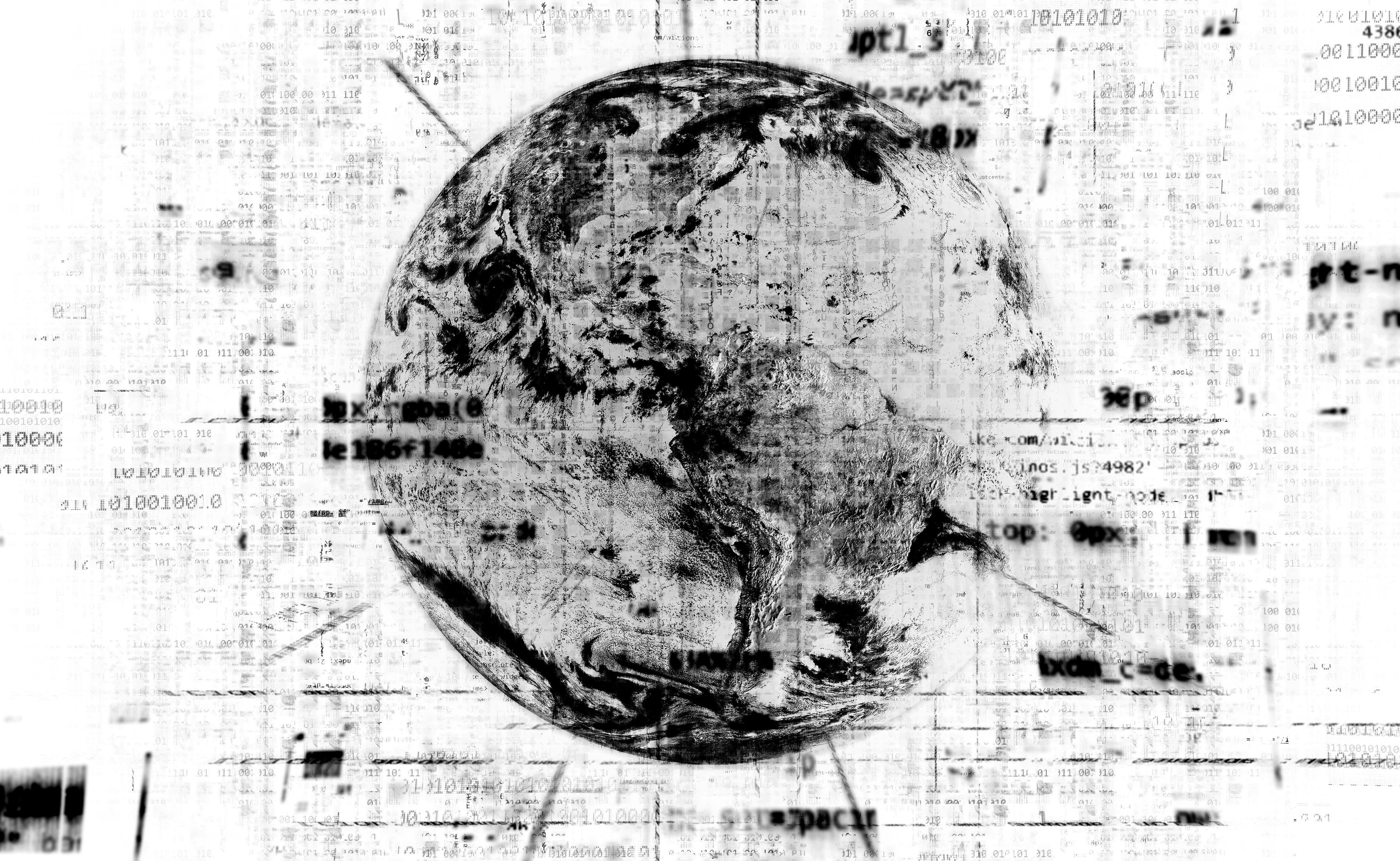Une collaboration entre les Maîtres de la Caverne et Dr. Rahel Kunz
Le projet présenté ci-dessous est le fruit d’une collaboration entre Rahel Kunz, MER en Sciences Politiques (SSP) à l’UNIL et les Maîtres de la Caverne. Toute collaboration de ce type est évidemment la bienvenue au sein de notre association quelle que soit la faculté ou la section à l’origine du projet. La Caverne invite les enseignant-e-s intéressé-e-s par une telle initiative à s’adresser à Monsieur Michael Groneberg (michael.groneberg(a)unil.ch) pour toutes suggestions de collaboration.
Régulation de la mondialisation ou Governing globalisation est le titre d’un cours de Master en Sciences Politiques qui a eu lieu à deux reprises (en printemps 2016 et en printemps 2017) dirigé par Dr. Rahel Kunz.

L’un des buts de ce cours a consisté en la réalisation d’un court-métrage. L’expression académique a dû muer, changer de voix, passer de la dissertation au langage audiovisuel. Le rôle des Maîtres de la Caverne a été celui d’assurer une expertise et un suivi des projets multimédias créés par les étudiant-e-s.
La Caverne a accompagné ce cours en mettant en place des ateliers vidéos (création d’un storyboard, tournage, utilisation de found-footage, montage d’un film, utilisation des logiciels de montage, etc.) et en organisant des séances de feedback (en cours et finaux) lors de banquets organisés à la Grange. Les Maîtres se sont également impliqués dans la prestation du matériel audiovisuel ainsi que dans le suivi des groupes d’étudiant-e-s pour des questions techniques.
Le court-métrage Un rein pour un rien réalisé par Antoine Michel et Lawrence Zünd au semestre de printemps 2017 s’est particulièrement démarqué et a obtenue le prix « Adresse Inconnue » ! Pour en savoir plus…
Un Rein pour un Rien, Antoine Michel et Lawrence Zünd
Ce projet a été réalisé dans le cadre d’une collaboration entre la Dr. Rahel Kunz, enseignante en Sciences Politiques à l’UNIL et les Maîtres de la Caverne. Lors d’un cours intitulé Governing Globalisation, les étudiant-e-s ont été tenu-e-s de s’exprimer sur un sujet en lien avec la thématique do cours via un nouveau médium académique: l’audiovisuel. Un rein pour un rien s’est démarqué des nombreuses réalisations et a obtenu le prix « Adresse Inconnue ».
Course description
Globalization is a catch-phrase that captures our imagination and can be used to describe various contemporary sociocultural, economic, and political processes, such as new communication, information and transportation technologies, the activities of transnational social movements and multinational corporations, privatisation and the transformation of the state, increasing international capital flows and global webs of production and consumption. This course focuses on the ways in which globalisation is governed and the implications thereof. It is structured around a set of issues that illuminate the ways in which globalisation is governed, including the exploitation of raw materials, food, waste, drones, walls, money, biodiversity and beauty. We will address questions such as what are the conditions of possibility of a certain feature of globalisation? What types of actors are involved in governing globalisation? Which forms of governance exist? Which imaginaries are involved in governing globalisation? In which sites does governing take place? How do issues and objects circulate (or not)? How is our everyday life implicated in the politics of globalisation? Which are the power relations involved in governing globalisation? Where can we find subversion and resistance? Given the key role that visuals and imaginaries play in shaping the governance of globalisation and our understanding of it, the course works with visual material alongside textual documents. As part of the course evaluation, students will work in groups to prepare a short film (documentary or fiction) presenting an analysis of the governance of globalisation through one particular issue or object. The film projects will be developed through collaboration with the Maîtres de la Caverne, who will provide technical and artistic support.
Objectives
This course aims at familiarising students with the implications of the ways in which globalisation is governed in various areas. At the end of this course, students are expected to be able to:
- Acquire knowledge about, and adopt a critical attitude towards, the political nature of globalisation and its relevance for everyday life.
- Gain an understanding of different theoretical perspectives on the governance of globalisation.
- Develop a detailed analysis of one particular issue and the way it is governed.
- Design, develop, produce, and discuss a short film.
